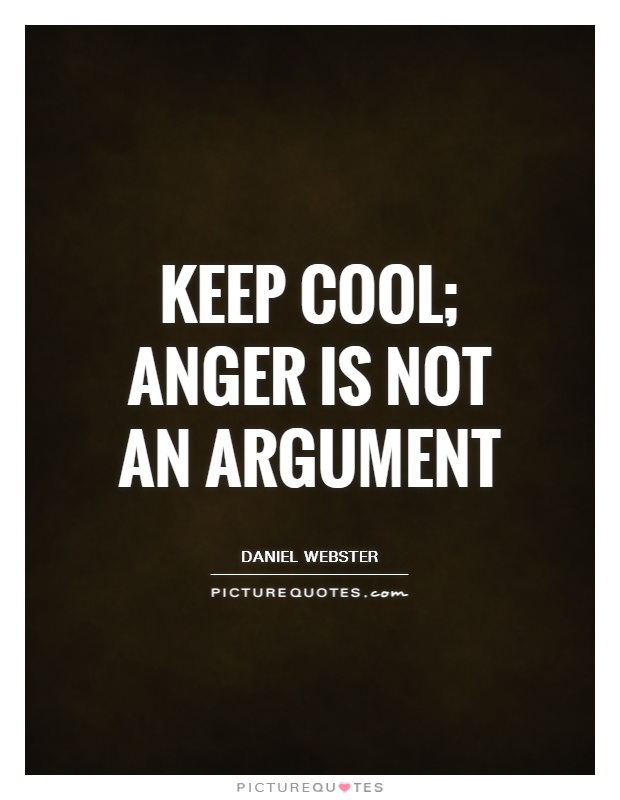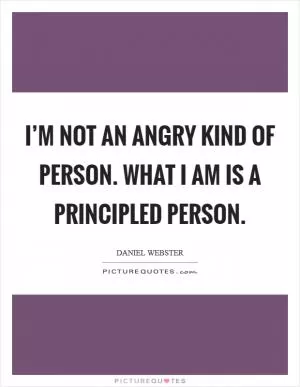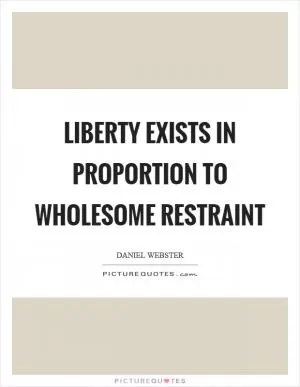Keep cool; anger is not an argument

Keep cool; anger is not an argument
Daniel Webster was a prominent American statesman and orator known for his powerful speeches and legal expertise. Throughout his career, he often emphasized the importance of maintaining composure and avoiding anger in debates and arguments. One of his famous quotes, "Keep cool; anger is not an argument," encapsulates his belief that rationality and logic should guide discussions, rather than emotional outbursts.Webster understood that anger can cloud judgment and hinder effective communication. When individuals allow their emotions to take control, they are more likely to make impulsive decisions and say things they may later regret. In a debate or argument, this can lead to a breakdown in communication and prevent any meaningful resolution from being reached. By staying calm and composed, individuals are better able to listen to opposing viewpoints, consider different perspectives, and respond thoughtfully.
Webster's advice to "keep cool" also speaks to the importance of maintaining professionalism and respect in all interactions. When individuals resort to anger and hostility, they not only undermine their own credibility but also damage the relationship with the other party. By remaining calm and collected, individuals can foster a more constructive dialogue and work towards finding common ground.
Furthermore, Webster recognized that anger is not a substitute for a well-reasoned argument. Simply expressing frustration or outrage does not constitute a valid point or contribute to a productive discussion. Instead, he believed that arguments should be based on facts, evidence, and logical reasoning. By presenting a coherent and well-supported argument, individuals are more likely to persuade others and achieve their desired outcome.












 Friendship Quotes
Friendship Quotes Love Quotes
Love Quotes Life Quotes
Life Quotes Funny Quotes
Funny Quotes Motivational Quotes
Motivational Quotes Inspirational Quotes
Inspirational Quotes